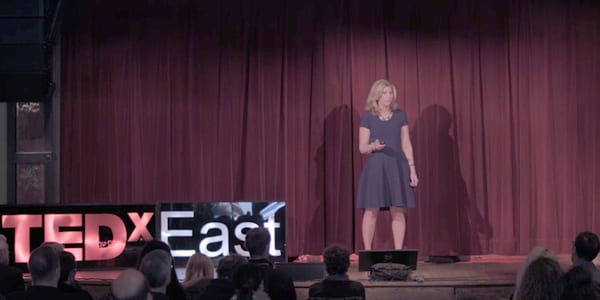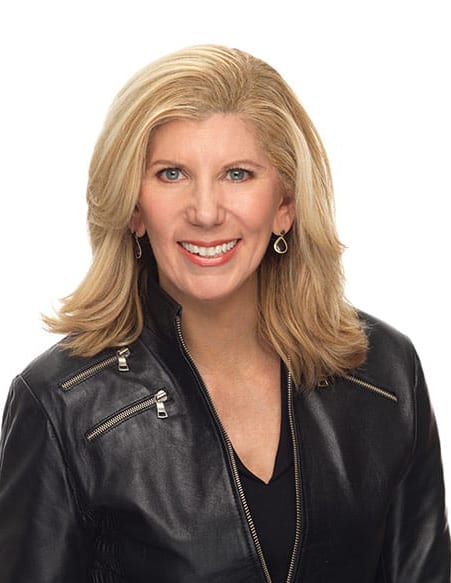 A few months ago I was given an opportunity that many only dream of – joining the ranks of the scientists, philosophers, professors and business executives who have stood on stage to give a famed “TED Talk.” Many have asked me how it happened, so here is the simple story.
A few months ago I was given an opportunity that many only dream of – joining the ranks of the scientists, philosophers, professors and business executives who have stood on stage to give a famed “TED Talk.” Many have asked me how it happened, so here is the simple story.
Over coffee, Julianne Wurm, who was planning the next TEDxEast event, said to me – “Everyone has a talk in them, what’s yours?” I asked her to give me a week to mull it over. I had pondered how to frame my experiences as a woman who is not just a business leader but also a spouse, a mother, a manager, a mentor, a friend, and an advocate. I had spoken on and moderated panels for years trying to help women become stronger leaders in their own right. Those experiences, along with countless conversations with friends and colleagues about how they balance their varied roles, made the premise all too clear. The real question was, could I validate it in time to create a talk?
As president of Ketchum, you could say that helping this leading global communications firm continue to grow, develop and succeed is my “major” in life. But in recent years, a pivotal experience pushed me to develop a passion for championing gender equity in the business world, so much so that I’ve decided to declare it as my “life minor.”
That does not mean that I don’t have other hobbies or passions, but I believe diving deep into gender parity as a life minor has helped my life become more fulfilled, has made me a stronger role model for my children, and has boosted my own confidence (click to tweet). I pitched the idea of the importance of declaring life minors, which I defined as a passion outside of career and family. I reasoned that if majors and minors are critical to our success as students, why should we lose that additional area of focus as we develop into fully-functioning adults?
Julianne loved the idea and told me I had a slot. The countdown began.
I went to our corporate communications team and asked for their support. Although I had spoken hundreds of times, this felt different. They jumped on board and we decided to run an Omnibus survey. We found that 88 percent of U.S. adults say it is important to have a life minor, 63 percent say it makes them more well-rounded, and nearly 50 percent say it fills a void that a career cannot. The validation was done, and now I had three weeks to finalize the speech and memorize it. That had me a bit freaked out, but I have never been one to back down from a challenge.
Here is my talk. I invite you to watch the full video for more on what life minors have meant for me, for others and to consider what it might mean for you. I look forward to hearing about your reaction.
